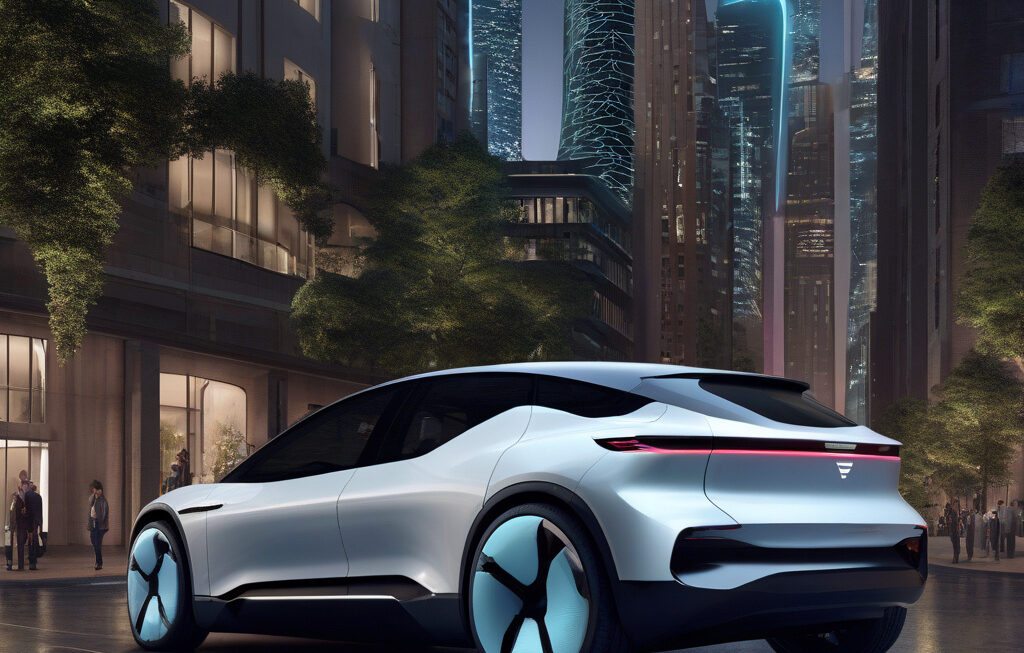85% of Japan’s Energy Needs Could Be Met with Rooftop Solar and EV Batteries: A Game-Changing Study
A research team in Japan has revealed a transformative pathway for the country’s energy future, and it revolves around the untapped potential of rooftop solar panels and electric vehicle (EV) batteries. The study, conducted by experts in the field, suggests that a staggering 85% of Japan’s energy requirements could be fulfilled by harnessing the power of solar energy generated through rooftop installations and utilizing the storage capabilities of EV batteries.
This groundbreaking research highlights the immense possibilities that renewable energy sources hold for revolutionizing the way we power our world. By leveraging the abundant sunlight that graces Japan’s rooftops and the rapidly growing number of EVs on its roads, the country has a unique opportunity to significantly reduce its reliance on traditional fossil fuels and make significant strides towards a more sustainable future.
One of the key findings of the study is the synergistic relationship between rooftop solar panels and EV batteries. As the popularity of electric vehicles continues to soar, so does the demand for charging infrastructure. By integrating solar panels with EV charging stations, not only can EV owners conveniently power up their vehicles using clean energy, but any excess electricity generated can be stored in the vehicle batteries and utilized to power homes and businesses during peak times or grid outages.
Furthermore, the study emphasizes the importance of smart energy management systems in maximizing the efficiency and effectiveness of this integrated approach. By utilizing advanced technologies such as smart meters, energy monitoring systems, and grid-connected inverters, Japan can ensure optimal utilization of rooftop solar power and EV batteries, leading to greater energy independence and resilience.
The implications of this research are not limited to Japan alone; they have far-reaching implications for countries around the world striving to transition to a more sustainable energy model. By adopting similar strategies that capitalize on the dual benefits of rooftop solar and EV batteries, nations can reduce their carbon footprint, enhance energy security, and drive economic growth through the development of clean energy technologies and infrastructure.
As we stand at a critical juncture in the fight against climate change, studies like these serve as a beacon of hope, demonstrating that innovative solutions exist to address our energy needs while safeguarding the planet for future generations. The time to embrace the potential of renewable energy sources is now, and the success of Japan’s pioneering approach should inspire other nations to follow suit in harnessing the power of the sun and electric vehicles to build a more sustainable tomorrow.
In conclusion, the study’s findings offer a compelling vision of a future powered by clean, renewable energy sources, where rooftop solar panels and EV batteries play a central role in meeting the energy needs of a nation. By seizing this opportunity and investing in a sustainable energy infrastructure, Japan and other countries can pave the way for a greener, more prosperous world for all.
renewable energy, solar power, electric vehicles, sustainability, energy transition












